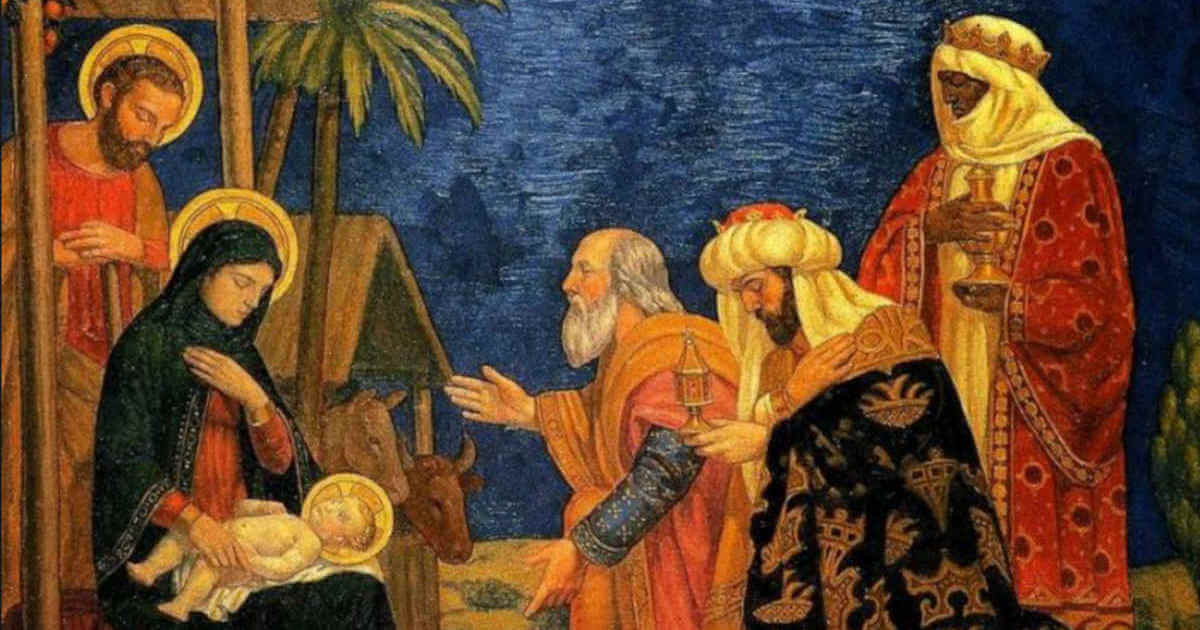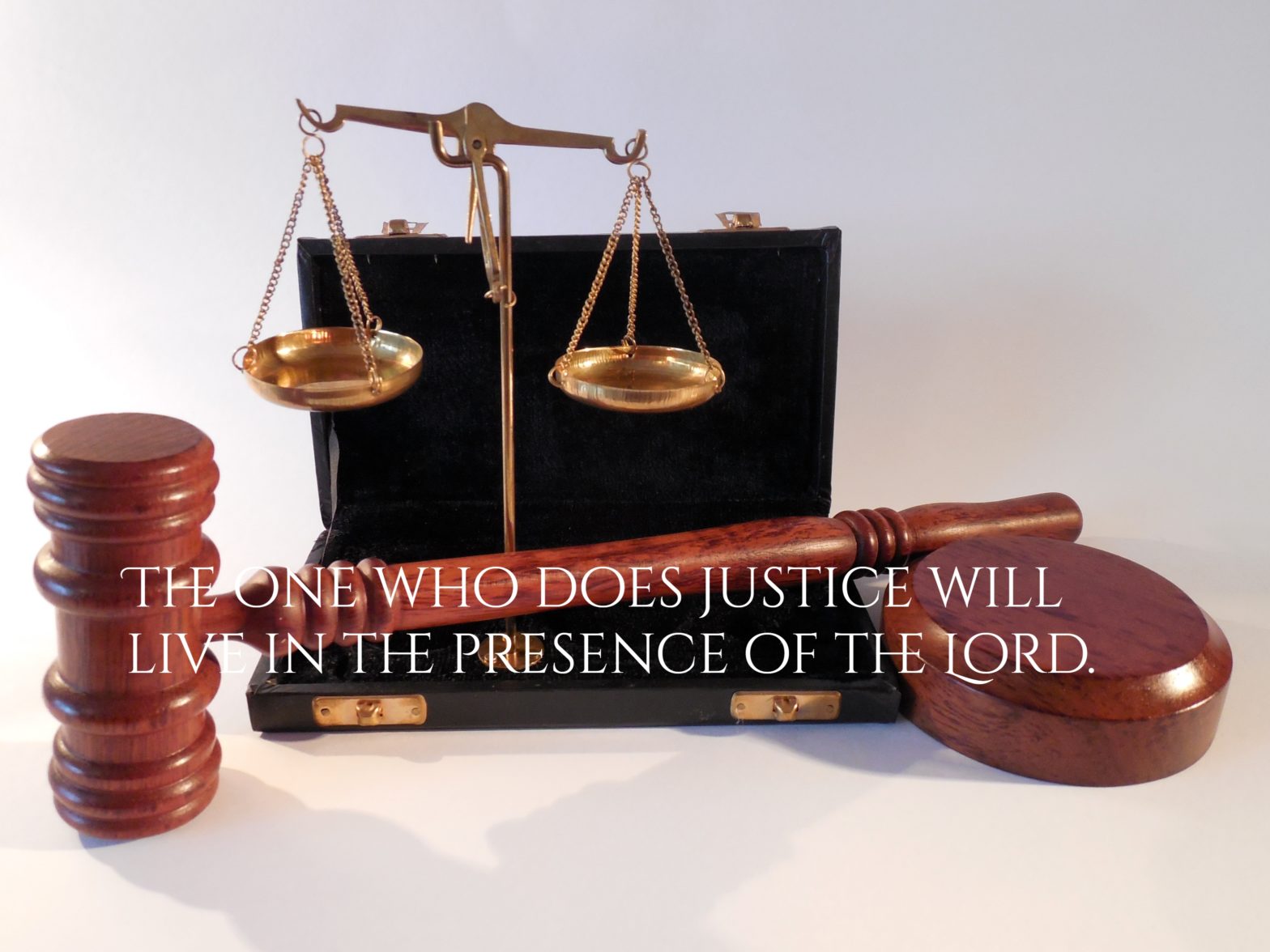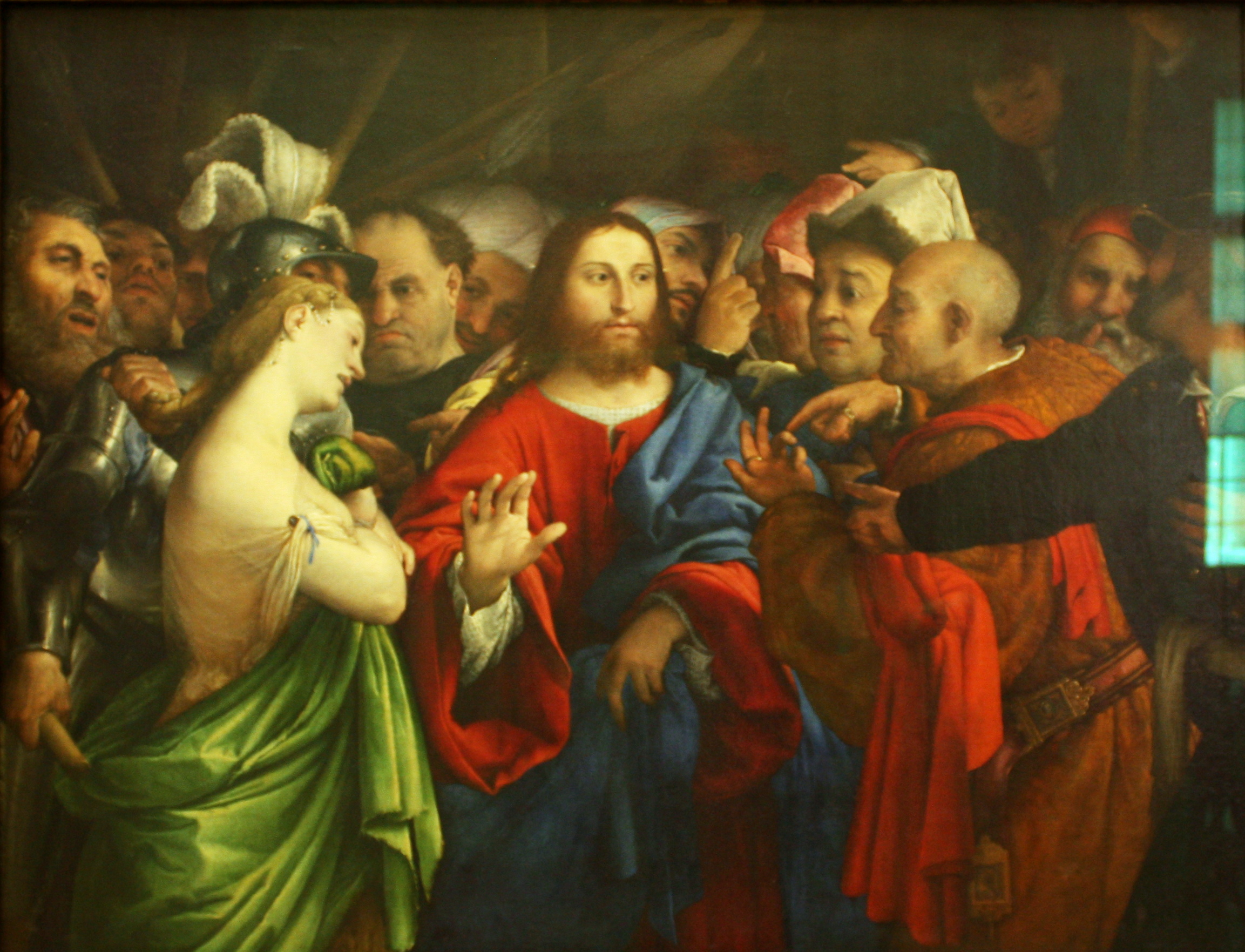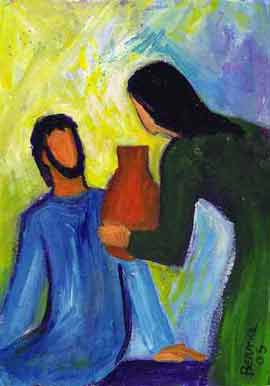Today’s feast of the Epiphany of the Lord is the traditional “twelfth day of Christmas” and we celebrate it on January 6, or the Sunday nearest that date. Many of our Orthodox brothers and sisters celebrate this as we do Christmas, with the giving of gifts as the astrologers brought gifts to the Christ Child.
Epiphany is for us an experience of coming to know the Lord. Epiphany is the day we can begin to see who Christ really is, when our eyes are enlightened, and our hearts are opened. There is a gift to be had here today; more precisely, I think there are three gifts to be had here today. The magi famously offered their three gifts: gold, frankincense and myrrh. Those aren’t the gifts I mean. The gifts I mean are gifts that today’s Scriptures speak of: gifts that come with this Christ Child … the one who continues to lay sleeping in the manger on this holy day.
The first fist gift he brings us is justice. Justice is something people long for in every age. When everyone has what belongs to them, when no one is poor or needy, when the marginalized are brought into the community, when the wrongly imprisoned are free, when everything is as it should be and we are all in right relationship with one another and with God, that is justice. People have striven for justice in every age and place. While we are all called upon to do what we can to make justice happen in our world, we know that we do not ultimately have the power to bring the real justice that this world longs for all by ourselves. That can only be done by God, and in God’s time. Our psalmist today says, “Justice shall flower in his days…” The gift the Christ Child brings is the possibility of that great day of justice. We know that because Christ has died and risen, we can count on the salvation that will be ours on that day when everything is made right.
The second gift Jesus brings is peace. Peace, too, can be difficult for us to achieve, and peace, too, has been sought after for ages upon ages. I don’t think we even really know what peace is or should be. We often think of peace as the absence of conflict. And that alone is daunting. We have conflict in many places today. We think of Ukraine, Afghanistan, Somalia, Nigeria, Iraq, Mexico, and many other places. I’m not even sure, honestly, how to count the number of wars being fought today. And this says nothing about the lack of peace that is violence in our communities, discord in our families, and unrest in our hearts. If we are to define peace as just the absence of conflict, it is clear that even that is beyond us.
But that’s not how God defines peace. Peace is more than a feeling: it is a way of living, or more exactly, a way of being. It stems from the right relationship that is justice. In fact, we are told that if we are to desire peace, we must work for justice because peace can’t happen in an unjust world. If the mere absence of conflict is a peace that we can’t seem to achieve, how much less will we ever be able to come to a peace that is a completeness of right relationships with God and every other person? And yet, this child in the manger is the one who has come to bring “peace till the moon be no more.”
The third gift Jesus brings is light: the revelation of the mystery. And that’s what we celebrate today. “Epiphany” means “manifestation;” it means coming to know what’s right in front of us. Coming to see the revelation of Christ in the Scriptures, in the Church, in the Sacraments, and in every person and place. It is a celebration of light, light that is the glory of God, appearing and overcoming the darkness of a world that does not know God. Jesus came to a world that was darkened by the absence of justice and peace, into a world which in some ways didn’t want to be brightened by his life. So basically, he was coming into a world not much different than the one we experience today. Our time’s need for justice and peace is well-known, and the world’s refusal to come to the light is so apparent. But we have the light. Jesus came to bring us that light. Maybe it’s not the light of the star on that night, but it’s the light of Scripture, of his presence in the Eucharist, and his activity in the Church and in our hearts.
We who have received the wonderful gifts of his justice and peace and light, are called to bring those gifts to the world, because the gifts we receive are never just for us. St. Paul tells the Ephesians – and us too – that we are called to be stewards of these gifts, given to us in grace. And so, just like the magi, we are the ones who need to bring our gifts and open our coffers. And just like the magi, we are supposed to go look for Jesus so we can offer those gifts.
The gospel story tells of a light in the sky that guides the astrologers to Christ. We don’t have the star; but grace is continually given to help us find Christ. God’s grace does what the star did for the Magi, it guides us to the out-of-the way places where Christ can be found. The Magi came bearing the types of gifts one would bring to royalty in a palace. But today Christ isn’t found in a palace; he isn’t rich, he is poor. The Epiphany reminds us that each day Christ manifests himself to us in the world’s lesser places and in surprising people. Those are the places to go looking for those in need of Christ’s light, justice, and peace; those are the places to go and bear gifts—starting with the most important gift, which is the gift of ourselves, with Christ dwelling in us.
We will come forward in a few moments to pay homage to our king, just as did those Magi so long ago. When we offer our gifts on this holy day, perhaps we can also offer the gift of ourselves. Maybe we can offer the gifts that we have received from God. As we begin this year, perhaps we can resolve to make our giving an act of gratitude for all that we have received. Nourished by our Savior today, we can go forth in peace to bring gifts of justice, peace, and light to all the world. And may we pray with the Psalmist, “Lord, every nation on earth will adore you.”








You must be logged in to post a comment.